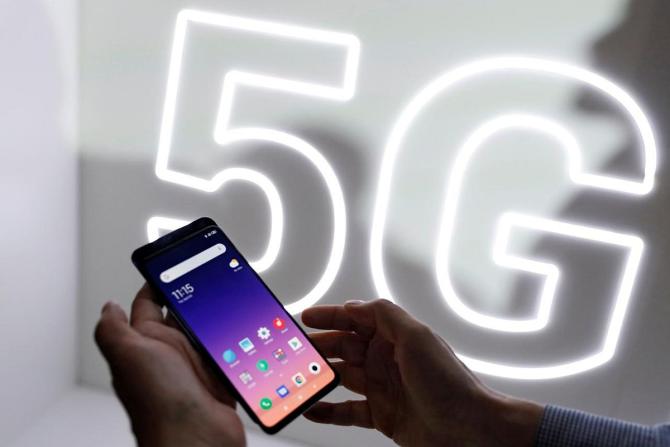Serious differences have emerged among telcos with regard to the technology's efficacy and implementation.

The Telecom Regulatory Authority of India (Trai) has directed the Cellular Operators Association of India (COAI) to make a presentation detailing the pros and cons of the controversial Indian 5G standard, also known as 5Gi, which the government has been pushing for.
The move comes after serious differences emerged among telcos with regard to the technology's efficacy and implementation.
Airtel, for instance, has opposed 5Gi. It wants only the global standard of 3GPP to be implemented, arguing that the Indian standard will only increase the costs of network and mobile devices, and seriously impact inter-operability between networks based on two different technologies.
However, Airtel did not respond to queries on the issue.
Rival Reliance Jio, though, says it will back any indigenous technology as long as it does not compromise the quality of the network and increase costs.
Trai has also directed the COAI to give an assessment on the acceptability of the Indian standard by telcos as well as original equipment manufacturers (OEMs).
The Indian standard, which has been developed by the IITs under the aegis of the government-supported Telecommunications Standards Development Society India (TSDSI), is also capable of providing broadband connectivity in rural India using ultra long-range cell sites.
This is one reason why the government has been pushing the telcos to undertake trial runs based on 5Gi in the ongoing 5G trials.
However, the draft presentation for Trai, which the COAI has circulated among its members, says the TSDSI has not demonstrated that 5Gi can be an improvement over 3GPP standards in rural India.
The draft also said the deployment of 3GPP-based 5G technology has already produced enhanced coverage in rural areas — by US-based T-Mobile, for instance.
Jio argues that the TSDSI has demonstrated to the International Telecom Union (ITU) that 5Gi does show improvements and that is why it is getting wider acceptance.
But Airtel executives counter that the performance numbers of 3GPP are based on documents that are in the public domain, and that if Jio is aware of any other data, it should provide references to it.
Airtel has also opposed the draft view that 5Gi can be applied to both standalone (which Jio plans to deploy) and non-standalone (with a 4G core, which Airtel is planning to use) 5G networks.
It has pointed out that based on existing specifications, the features of 5Gi are not applicable for non standalone deployments.
Jio wants the draft to incorporate the fact that the TSDSI is trying to harmonise 5Gi changes in the new and updated 3GPP 5G specifications.
Once this process is completed, the ITU could acknowledge that both 5G and 5Gi are harmonised, and then there would be only one global 5G standard.
However, as a senior executive of a telecom gear company says, “The release of the new 5G specifications will take some time.
"Does that mean India is ready to delay its 5G deployment for another two years?”
Operators say there are numerous challenges to bringing in 5Gi.
These include the problem of inter-operability between the two networks -- seamless calling across India as well as to India from abroad will not be possible.
A senior executive of the COAI admits: “Yes, there are differences among members on the efficacy of the Indian standard.
"However, the best way is to make trial runs and see whether the two different networks can be inter-operable.
"Then we can take the next course of action.”
However, if 5Gi comes into force, network gear makers as well as mobile device companies will have to make India-specific products, which will lead to an increase in costs as they will not get the advantage of global economies of scale.
Says a senior executive of a mobile device company: “We are already selling 5G phones based on 3GPP standards and it is estimated that 30-40 per cent of the new smart phones will be 5G-ready. If a new standard comes, what happens to all these devices?”
Photograph: Rafael Marchante/Reuters











